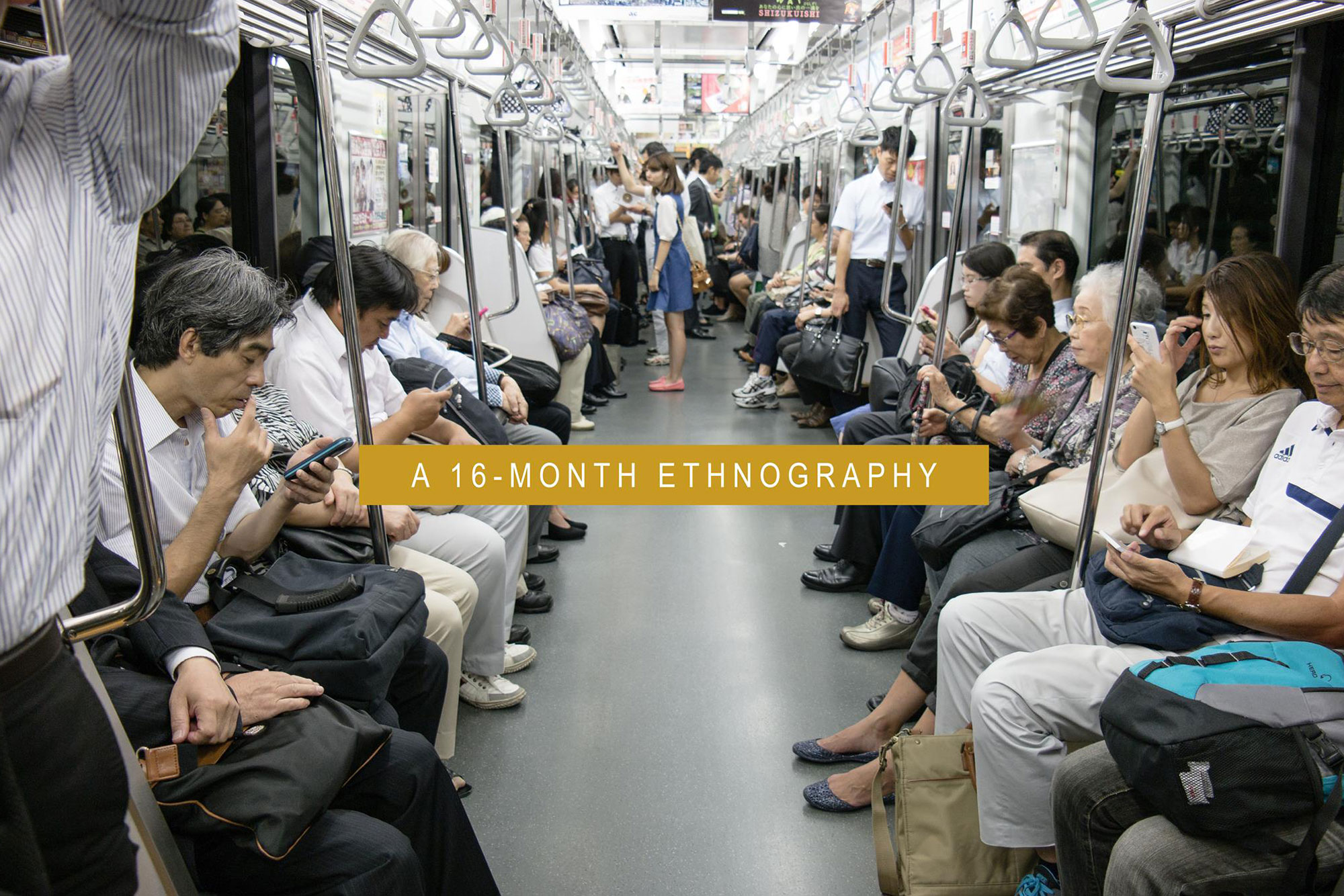Health and ethnography: don’t just ask, watch

When it comes to health, consumers’ complex and contradictory behaviour makes observational research highly valuable, says Ipsos Mori director Oliver Sweet.
“Observation allows researchers to look at healthy behaviours that are often hard to articulate, such as the emotion attached to food, or when we are most likely to make changes to our lives. These emotional aspects of health have their roots in a mesh of social and cultural norms, influenced by friends, family and society. These can’t really be accessed by people telling you – you really need to see them. Through observation, for instance, we have understood how buying local produce in Australia is part of a healthy routine, how collagen cream in Brazil offers a pseudo-medical answer to the quest for beautiful skin, and how praying to ancestors in Japan sets people on a positive mental path for the day. None of these activities is inherently ‘healthy’, but they are certainly part of a healthy lifestyle.”



